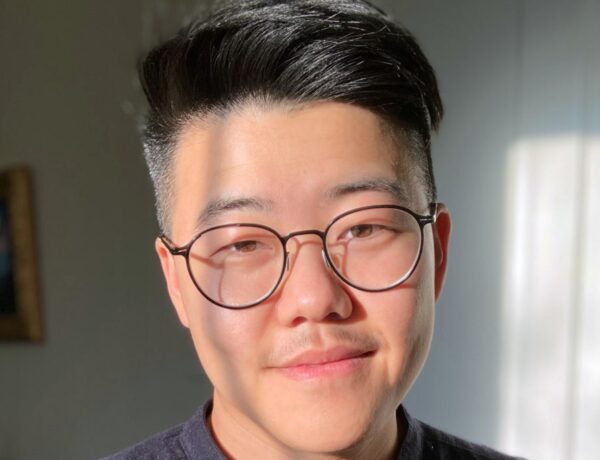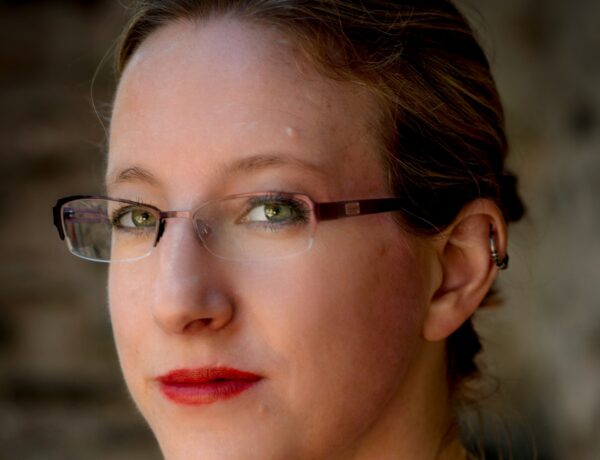Sarah Albee is a bestselling author of over 150 books for children, from preschool to middle grade. Her recent nonfiction titles have been recognized by the Junior Library Guild, Bank Street College of Education Best Books, and Notable Social Studies Trade Books, as well as winners of Eureka! Nonfiction Children’s Book Awards.
Before becoming a full-time writer, Sarah worked at Children’s Television Workshop, the producers of Sesame Street, for nine years. She also had a background in sports, playing basketball in college and semi-professional women’s basketball in Cairo, Egypt.
Currently, Sarah resides in Connecticut with her husband, who is a high school history teacher and administrator. They have three grown children.
Each week, we publish a new daily writing routine from a famous author. Subscribe to our newsletter so you don’t miss out!
Hey Sarah, we’re so excited to have you join us on Famous Writing Routines. To start off, could you give our readers a brief overview of your background as an author?
Thanks so much for inviting me here! So I got my start writing for kids when I landed my first “big” job out of college, as an editorial assistant at Children’s Television Workshop (as Sesame Workshop was then known). I ended up staying there for nine years, and that’s where I got my training writing for kids and meeting tight deadlines.
After our second child was born, my husband (a high school history teacher) and I moved out of New York City, to a school in Connecticut where he began teaching. I was fortunate to get a lot of freelance work when my kids were young, writing for kid-TV-based properties (Sesame Street, Blue’s Clues, Dora the Explorer, SpongeBob, etc etc), but my real love was writing nonfiction.
As soon as my kids were old enough to be in school/preschool, I wrote my first full-length, NF book (Poop Happened: A History of the World from the Bottom Up). I was fortunate to land an agent fairly quickly, and she sold the book fairly quickly, and then I was off and running as a nonfiction writer!
You played basketball in college, and then spent a year playing semi-professionally in Egypt. Do you think your basketball training has had an influence on your discipline and work ethic as a writer?
Hmm, interesting question. I do think there’s some validity to all those timeworn cliches about sports—they really DO teach you how to cope with adversity, rejection, and self-doubt, and they really DO instill good habits such as perseverance, hard work, and focusing on long-term goals.
How do you approach researching and writing nonfiction for children, specifically in the areas of history and science?
Every book is different. After all these years as a professional writer, and having published so many books, I always hope that things will proceed smoothly. But alas, I feel like a newbie at the start of every project. But I do now have a process.
Once I have an idea, I start reading widely, always with an eye toward what kids will find interesting and relevant to their lives. And once I feel I have a solid foundation of basic knowledge of my topic, I start looking for a cool angle, or a unique structure, some interesting way to tell a story that will hook my reader and get them to want to keep reading. And whenever possible, I try to add humor, and/or a kid-friendly, lively voice.
Discover the daily writing habits of authors like Stephen King, Neil Gaiman, and Gillian Flynn with Famous Writing Routines Vol. 1 and learn how to take your writing to the next level. Grab your copy today!
Can you speak to your experience working at Children’s Television Workshop and how it has influenced your writing for children?
Working at Sesame Street incorporated everything I love—kids, humor, great music, education. And even all these years later, I still strive to model my writing after the Sesame Street motto: Simple is Good.
What does a typical writing day look like for you?
I usually get up around 5 am, and, like most professional writers, I begin my day with extremely important tasks: Wordle, Quordle, and the New York Times Spelling Bee. Once those are done, and my husband has brought me my coffee in bed, I read Heather Cox Richardson’s daily post, check the important stories in the New York Times and the Washington Post, and then I get on with my writing day.
On a good day I like to begin writing by 7 am or so, and will work until 4 or 5 pm. I’m a morning person, so I try to get a chunk of good writing hours in before lunch, and then do emails/travel arrangements/school visit paperwork/exercising in the afternoon. I try not to work long hours on weekends, but if I’m on a deadline, that does happen. And of course, there are days I don’t write at all, when I’m at schools for an author visit, or when I’m traveling.
How do you balance your work as an author with your other responsibilities and commitments?
It’s gotten a whole lot easier now that we’re empty nesters! In fact, a year ago we found a reasonably-priced rental apartment in Brooklyn, in the neighborhood where we first met. I now go into the city a few days during the week (usually Tuesday through Friday) while my husband is teaching/coaching, and so I’ve been spending a lot of time at the various branches of the New York Public Library. I love New York so much, and I get tons of writing done at the apartment.
What sort of process do you have to continually come up with fresh ideas and continue writing?
In the past couple of years I’ve started writing more picture books, all nonfiction. I do think the pandemic has caused many kids to lose ground in so many ways. Many readers now need more visual support, and picture books are such a fantastic tool for kids of all ages. But they are so hard to write! I have several in the pipeline, and, possibly because it’s a new arena for me, the ideas are coming fast and furious!
What does your writing workspace look like?
I don’t have a special, sacred space where I write. I realized early on, when my kids were young, that I no longer had the luxury to sit in a quiet place and wait around for my Muse to show up. I trained myself to write anywhere, across many environments, and to power through writer’s block. Even if what I wrote was rubbish, at least I had something down on the page to revise. And I do love to work in libraries, and I seek them out wherever I travel.
That said, I use my treadmill desk for tasks that don’t require Deep Thinking. It’s great for doing image research, listening to podcasts/videos, and tending to tedious clerical tasks. I’ll take a picture of that space for you—both close-up and a long view!

Affiliate disclaimer: Some links on this website are affiliate links. We may earn a small commission if you make a purchase through these links, but only promote products we truly believe in. We disclose affiliate links and give honest reviews.



No Comments